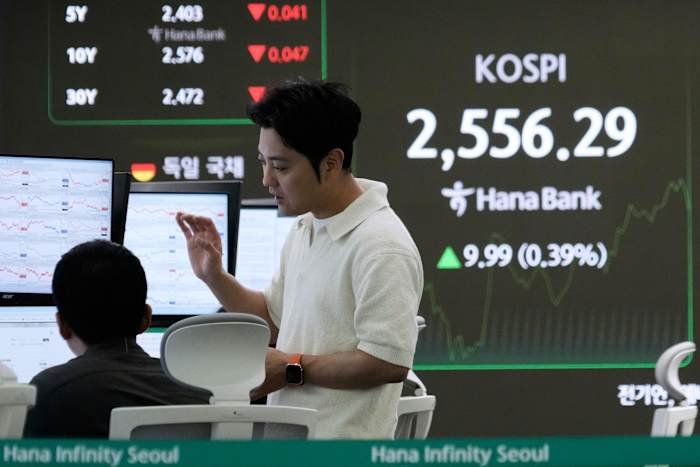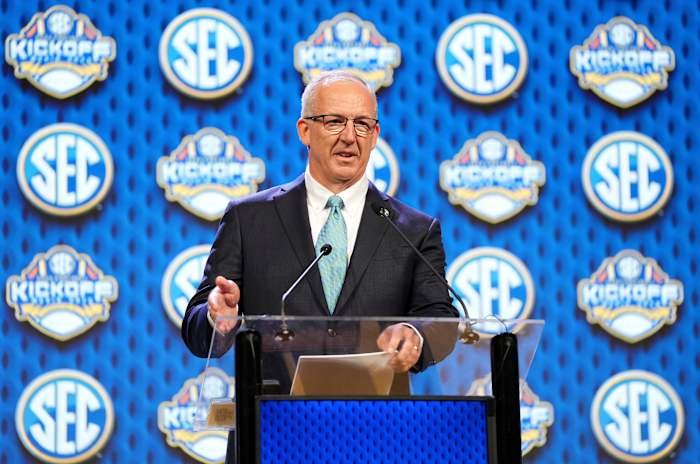Introduction
As the global economic landscape shifts, news from across the world can directly impact local economies—Orlando included. This week, Asian markets have climbed slightly as investors cautiously anticipate the outcome of ongoing negotiations regarding U.S. President Donald Trump’s proposed tariffs. While this might seem like a distant concern, the ripple effects of international market movements and trade policies can, and often do, reach Central Florida. In this article, Daily Orlando News breaks down the latest developments in Asian markets, delves into what’s at stake in these high-level tariff talks, and explores what all of this could mean for Orlando residents and businesses.
Asian Markets React to Tariff Negotiations
Asian stock markets have shown modest gains as investors keep a close eye on the dialogue between the U.S. and China regarding tariffs. With President Trump’s administration considering further duties on Chinese imports, the uncertainty has created volatility in global markets. However, the recent uptick in Asian stocks suggests cautious optimism that negotiations could lead to a de-escalation in trade tensions.
Economists note that much of the movement in Asian markets is driven by speculation and anticipation. Investors are weighing the potential outcomes of these negotiations, which range from a full-blown trade war to a mutually beneficial agreement. This uncertainty is not only reflected in stock prices but also in currency values and global supply chain decisions.
Why Orlando Should Pay Attention
Orlando may be thousands of miles from Beijing or Tokyo, but its economy is more connected to global markets than ever before. Central Florida is home to numerous companies that rely on international trade, from tech firms to manufacturers and even the tourism sector. Changes in global markets and U.S. trade policy can influence everything from the cost of goods on store shelves to job opportunities in the region.
For example, a prolonged trade dispute could mean higher prices on electronics, clothing, and other imported goods commonly sold in Orlando. Local businesses that import products or parts from Asia could also see increased costs, potentially passing those expenses onto consumers. Conversely, a favorable resolution to tariff talks could help stabilize prices and support continued economic growth in Central Florida.
The Role of Tariffs in the Local Economy
Tariffs are taxes imposed on imported goods, often used as leverage in trade negotiations. While the intention is to protect domestic industries, tariffs can have unintended consequences at the local level. In Orlando, businesses in sectors like retail, hospitality, and manufacturing may feel the impact most acutely.
For instance, Orlando’s thriving theme park and hospitality industries rely heavily on merchandise and supplies sourced globally. If tariffs make these goods more expensive, it could squeeze profit margins or lead to price hikes for visitors. Additionally, companies involved in export—such as those shipping Florida citrus or other goods abroad—may face retaliatory tariffs from trading partners, making their products less competitive in international markets.
What’s Next: Monitoring the Global-Local Connection
As negotiations continue, financial analysts and Orlando business leaders alike will be closely monitoring developments. The outcome of these talks could set the tone for the rest of the year, determining whether global trade becomes more open or more restricted. For Orlando, the stakes are clear: stability in international markets translates to stability at home.
City officials and economic development organizations are also paying attention, considering ways to support local businesses that might be affected by shifting trade policies. Whether through advocacy, resources, or diversification efforts, the goal is to help Orlando remain resilient regardless of what happens on the global stage.
Conclusion
As Asian markets inch upward in anticipation of U.S. tariff negotiations, the outcome remains uncertain. Yet one thing is clear: Orlando is not immune to the effects of global economic events. From potential price changes to local job impacts, what happens in international markets can quickly become a local story. What are your thoughts on the ongoing tariff talks and their possible impact on Orlando? Share your opinions or questions in the comments below—we’d love to hear from our readers!















